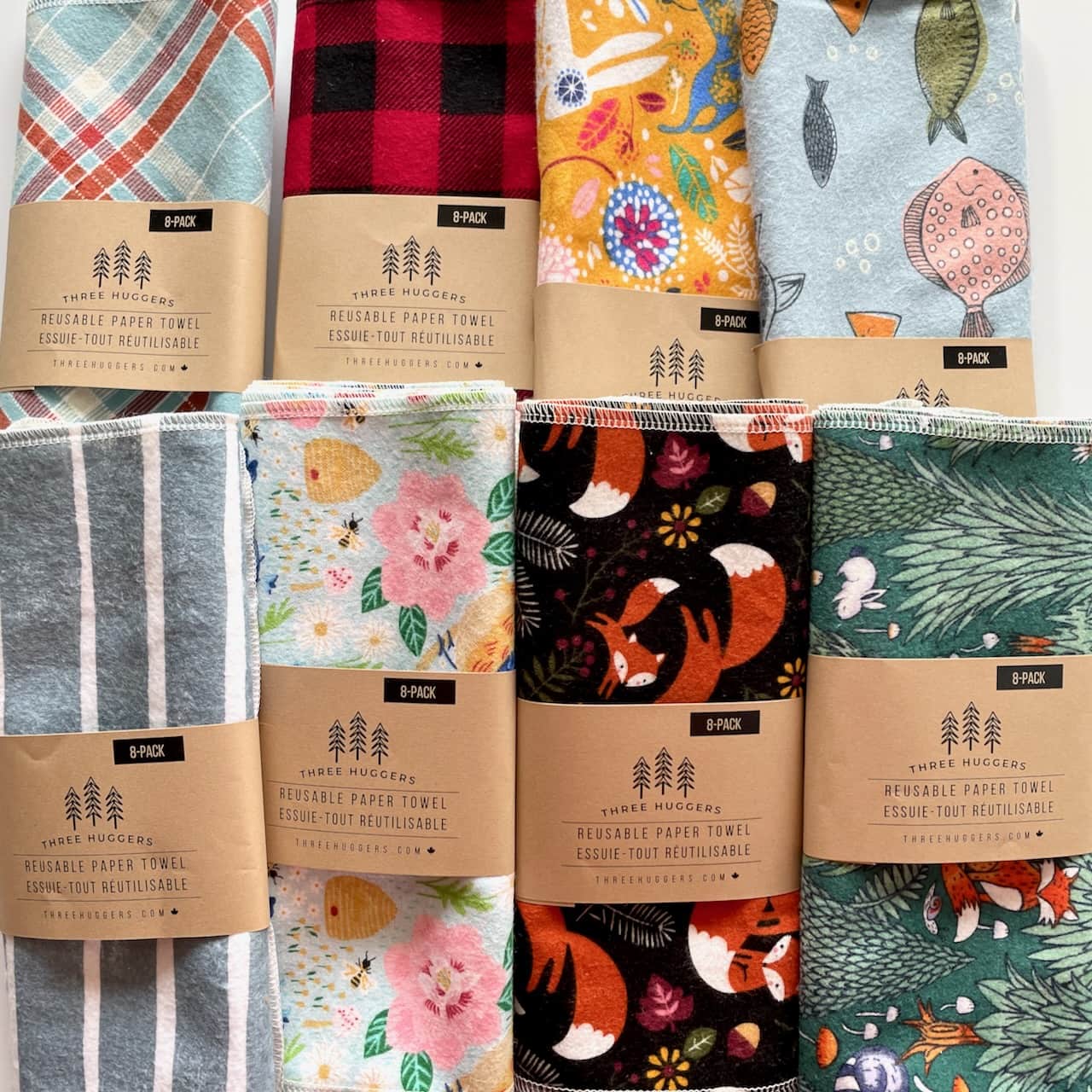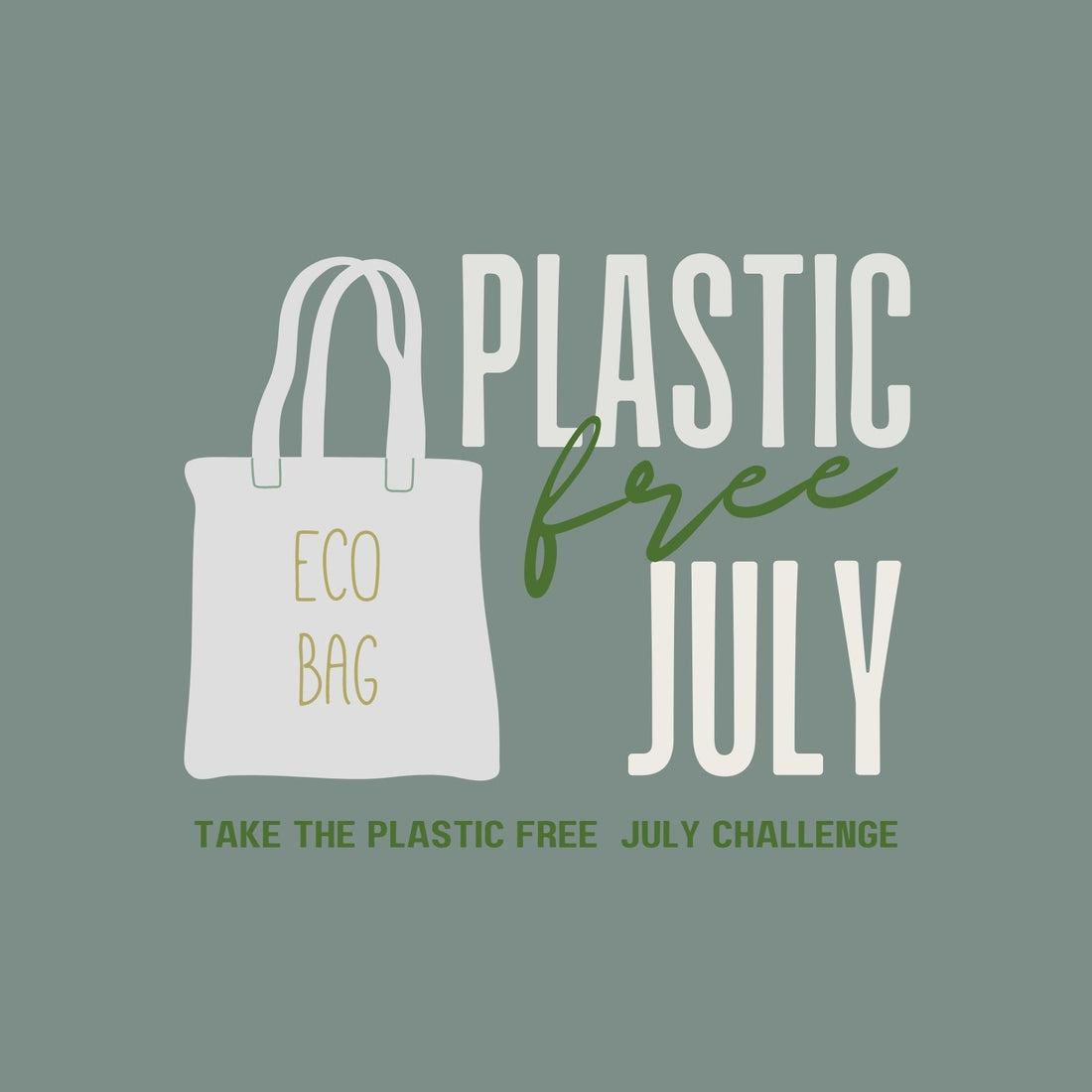What is the Plastic Free July Challenge?
Plastic Free July Challenge is a global movement initiated by the Plastic Free Foundation in 2011 to lead a global effort to end plastic waste. In 2021, it estimated 140 million people from 190 countries worldwide took part in the Plastic Free July Challenge. Globally the movement resulted in a reduction of 2.1 billion tonnes of waste and recycling including 300million kilograms of plastic consumption.
The key focus of the movement is to get participants to reduce their household wastes and recycling. A month is considered a sufficiently long period to allow people to turn the changes into habits and incorporate these changes into a way of life in the long term.
The principle of the PlasticFree July Challenge is for participants to take inspiration from each other and start where they are comfortable. By taking part and refusing plastics, no matter how big or small it is, we are making a difference in the quest to eliminate plastic waste.
Here are 8 ways that you can join the challenge.

1. Reduce plastic recycling
Did you know less than 10% of the plastic waste globally is actually recycled? The majority of the plastics people put into the recycling bin actually ends up in landfill! Read our blog post here to learn more about it.

Avoid filling your bin with plastics for recycling. Try to avoid as much plastic packaging as possible:
- avoid pre-packaged food such as fruit or vegetables, choose loose products instead. Avoid the little plastic bags they supply in the supermarket and opt for your own reusable produce bags instead.
- shop at a butcher or deli counter for paper wrapped cuts, and say no to plastic bags if they offer any.
2. Bring reusable grocery bags
Remember to bring your reusable shopping bags with you. I always keep a foldable one in my bag in case I forget to bring them or if I was doing any last minute shopping.
3. Avoid plastic drinking straws
Although small, plastic straws create a long lasting environmental problem as they are one of the most common types of litter found on beaches, and they cannot be recycled. Made from non-renewable ingredients they also pose a high risk to marine life, as many marine animals mistake them for food and can choke on them. Luckily an increasing number of governments have taken initiatives to ban plastic straw usage.
For most of us, straws are a convenience not necessity. If you really need one, ask for a paper straw or bring your own reusable ones.
4. Avoid single use coffee cups or bottled water
Bring your reusable coffee mug when you visit a coffee shop. With the COVID restriction relaxing, most of the coffee shops have started accepting reusable coffee mugs again. There are countless varieties of coffee mugs, ranging from glass tumblers to stainless steel. My personal favorite is KeepCup's glass tumbler, although not leak proof, they retain the coffee flavor without the stainless steel taste.
I also love my stainless steel insulated water bottle from Klean Kanteen. They keep my water cool for a long time, machine washable and extremely durable.
5. Avoid plastic food wrap for leftovers and sandwiches
Instead of using plastic wraps for leftovers, there are a few reusable options that are as effective if not more:
- reusable containers or silicone sealable bags such as Stashers.
- use reusable fabric bowl covers to cover your left overs in their original bowls
- use reusable beeswax food wraps to cover the bowls or wrap sandwiches, cheese.
6. Compost food scraps
If you have compost facilities at home or local municipalities provide it, compost as much of your food scraps as possible. You would be surprised to see how much of your garbage is made up with food waste. Depending on the country, 25%-35% of household garbage is food waste.
Have a separate sealed food bin for food scraps. Line the bin with paper or compostable bin bags.
7. Avoid littering: cigarette butts or balloons

If you are a smoker, dispose of cigarette butts in the cigarette bin or general waste as cigarette butts are made of plastic and can wash into the ocean.
Balloons are popular for parties or decorations. Most of the balloons are made of latex or plastic, and unfortunately they are not really recyclable as most of the recycling centers would not accept them since their recycled form has no use thus no value in the market.
If you must buy balloons, reuse as many of them as possible. And avoid releasing them into the air, remember, what goes up, must come down!
8. Avoid take away utensils and containers
It's tempting to get a take out and sit in the lovely sunshine to enjoy lunch or evening dinner in the warm summer months. Try to support vendors offering compostable options, or bring your own reusable containers or utensils.
Join us on the journey to end plastic waste
You don't need to do all these changes to participate in the challenge, and even one or two changes you make would have a long lasting impact on the planet. Let's make small changes each day and join the millions in the world to end the plastic waste in our environment.
You can sign up to the Plastic Free July Challenge here

Plastic Free Foundation - https://www.plasticfreejuly.org/
Photo by Emma Cate: https://www.pexels.com/photo/variety-of-fruits-on-fruit-stand-11831458/
Photo by spemone: https://www.pexels.com/photo/low-angle-shot-of-purple-and-violet-balloons-234196/


